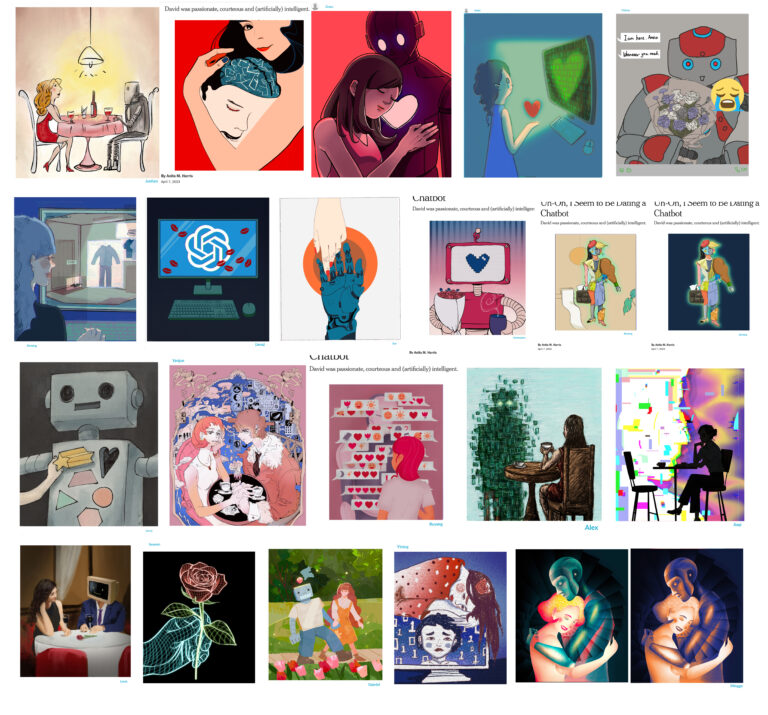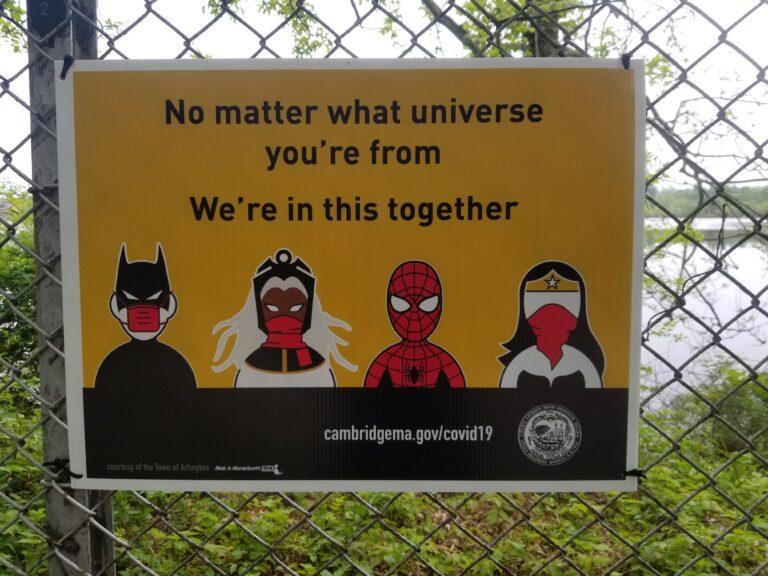Earlier this week, I had the privilege of attending the tenth annual “BIO-IT World Conference and Expo,” at which some 2500 information technology professionals participated in a 12-track program featuring more than 200 presentations on scientific and technologic developments.
From keynote speakers Jill Mesirov, PhD, and Martin Leach, PhD, respectively the Associate Director and Chief Information Officer of the Harvard-MIT Broad Institute, I learned that exponential increases in computing power promise to bring personalized medicine –allowing highly individualized diagnosis and treatment –to doctors offices within ten years. I also learned how hard it is to keep track of the petabytes ( a PBs is a unit of information equal to one quadrillion bytes, or 1024 terabytes ) used to keep it all going.
Mesirov announced the upcoming launch of “Genome Space“–a new Web-based technology to help scientists make sense of and collaborate in using such data.
And in a talk entitled “BIG,” Leach described the difficulty of defining “big data,” because the amount of available information is growing so rapidly. He described an event held recently at the Broad to celebrate the Institute’s ability to store and analyze ten pedabytes of data –his glee soon tempered by his recollection that in 1993, NIH’s Institute of Medicine was thrilled with its ability store 16 gigabytes–which anyone can now do on a cell phone.
Today, Leach said, we are seeing “increasing big data with a decreasing footprint.” [that is, smaller systems needed for gathering and retrieval].
Mentioning that he has an autistic son and would like to be able to figure out what causes the disorder, Leach asked, “Why is there no Google search for data, no way to access thousands of data repositories?
“We need a new application ecosystem and a breed of data scientist who knows how and where to push this data, ” he said. He predicted that there will soon be 50 thousand jobs in the “big data” arena.
In the exhibit hall, I was pleased to see that see that Wingu, headquartered in the Cambridge Innovation Center, where I work, had been nominated for a best of show award for its pharmaceutical, contract research and academic collaboration software.
The winners, announced last night, were Recentris, Opscode, Clear Trial, and Cambridge Semantics. [More info at http://www.bio-itworld.com/2012/04/26/2012-best-of-show-winners.html]. Best Practice Grand Prizes went to big Pharma: Merck, Pfizer, and Merck KGaA (Germany) went to and two genomics organizations, BGI Shenzhen and the University of Utah/Omicia. http://www.bio-itworld.com/2012/04/25/bio-it-world-announces-winners-2012-best-practices-awards.html.
BIO-IT World is sponsored by Insight Pharma Reports, Samsung, and the Portland Group. It runs through April 27, 2012.
—Anita M. Harris




1 thought on “Bio-IT World Review: BIG Data; BIG Promise; BIG CHALLENGES.”